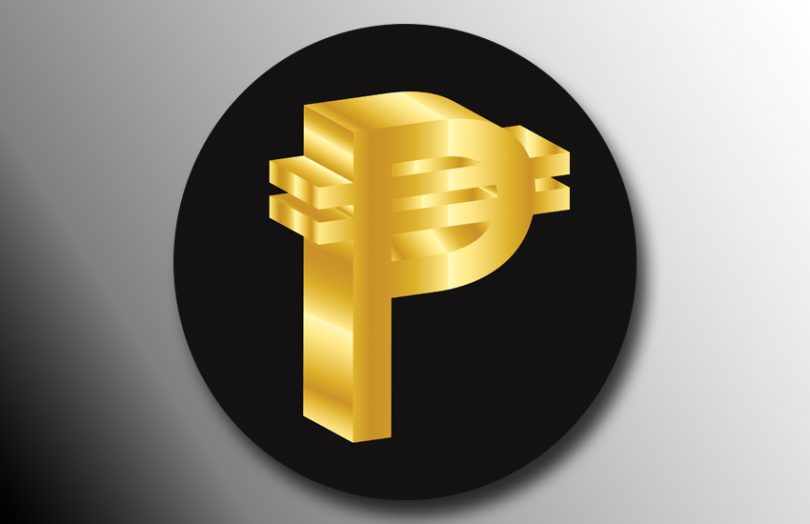In a virtual conference today, the Governor of Philippines’ central bank, Benjamin E. Diokno, stated that the Bank has a working group exploring a central bank digital currency (CBDC).
“We just recently formed a technical working group to study the feasibility and policy implications of issuing a central bank digital currency or CBDC,” said Diokno. “We have to first look into the findings of the group before making any decision in this regard. I expect the EWG to submit their report next month.”
He was responding to a question about both CBDC and cryptocurrencies.
The Governor continued: “On cryptocurrencies, we do not see it significantly affecting the present demand for physical currencies. And cryptocurrency for us has always been beyond the asset itself, but more on the blockchain technology that underpins it. Blockchain continues to elicit interest around revolutionizing the delivery of financial services by providing an efficient, secure and robust means of payment.”
In another speech today, the Governor highlighted the increasing importance of digital payments, particularly with COVID-19. In the first five months of the year, digital payments on the country’s two national payment networks, PESONet and InstaPay, rose by 70% in volume and 42% in value. He outlined a goal of digital achieving half of transactions in value and volume by 2023 or sooner.
In the last two weeks, the central bank was involved in a blockchain experiment by authorizing the sale of retail government bonds through a blockchain powered app developed by UnionBank.
Meanwhile, CBDCs are continuing to attract attention around the world. In a recent webinar, an executive from Singapore’s central bank commented that the only thing missing is a major central bank’s decision to issue a CBDC. Last week, Japan set up a CBDC working group and reportedly encouraged the topic to be added to the next G7 meeting of world powers. However, China, which is the major power that is closest to issuing a CBDC, is not a member of the G7.






